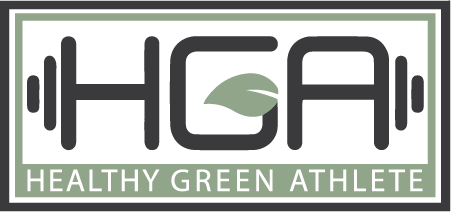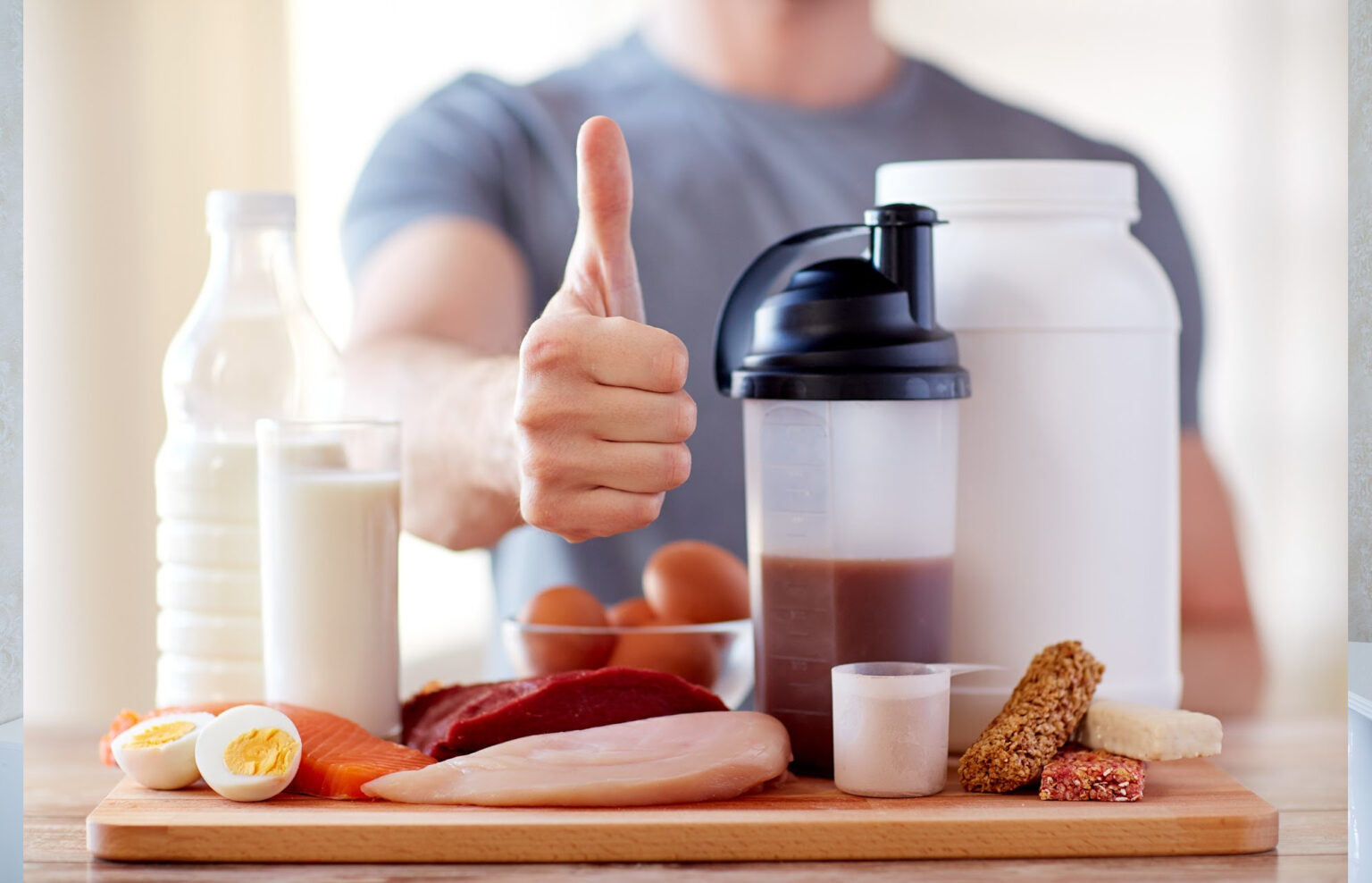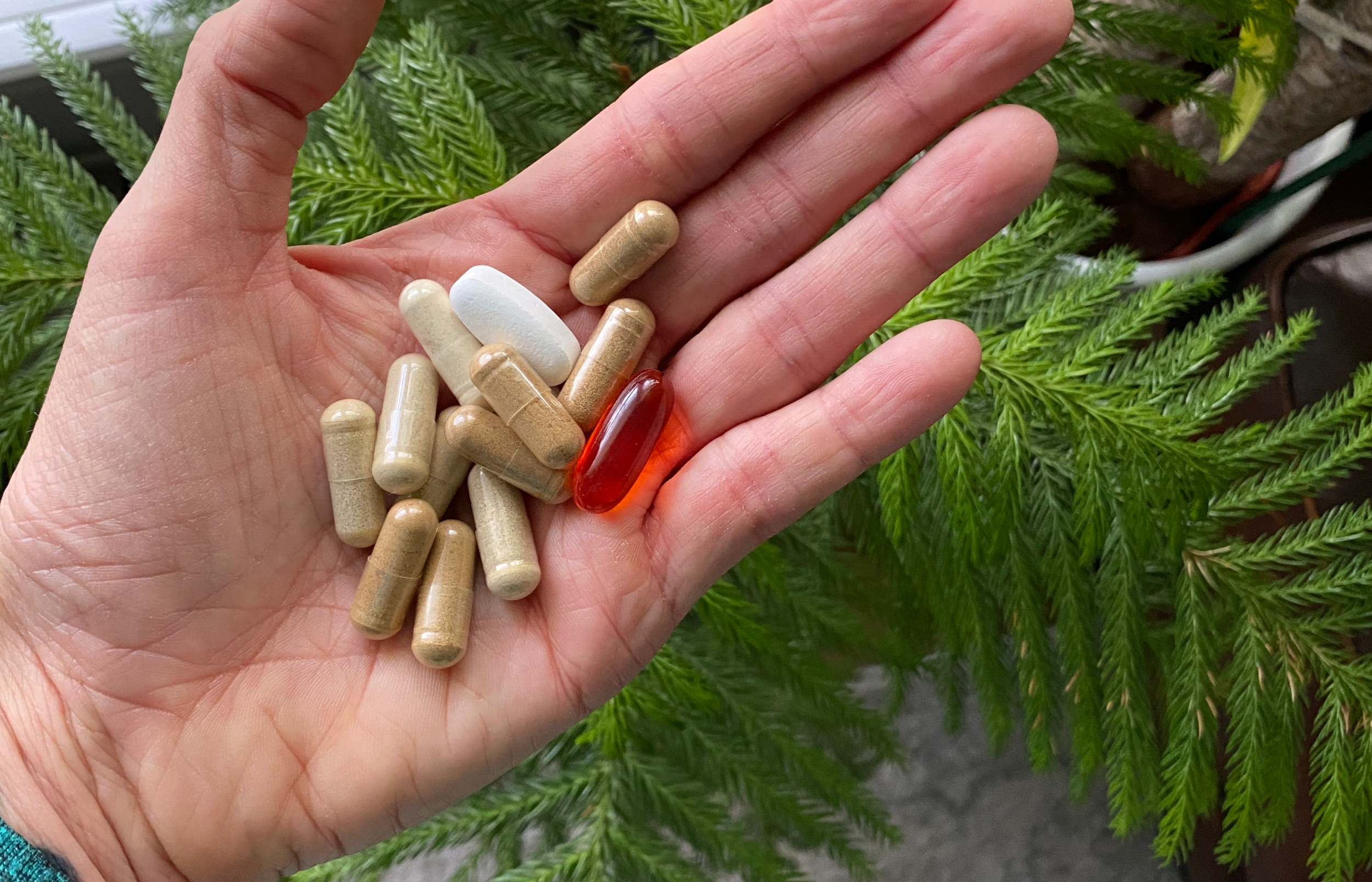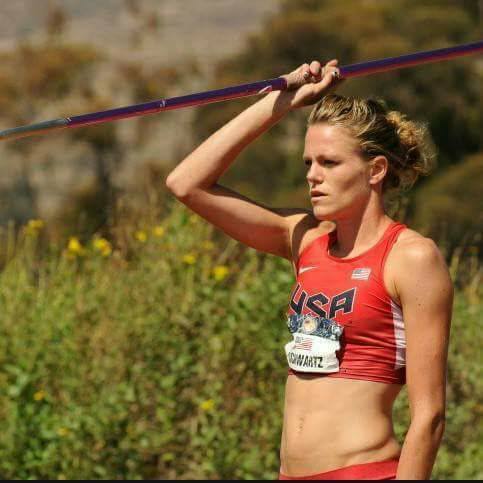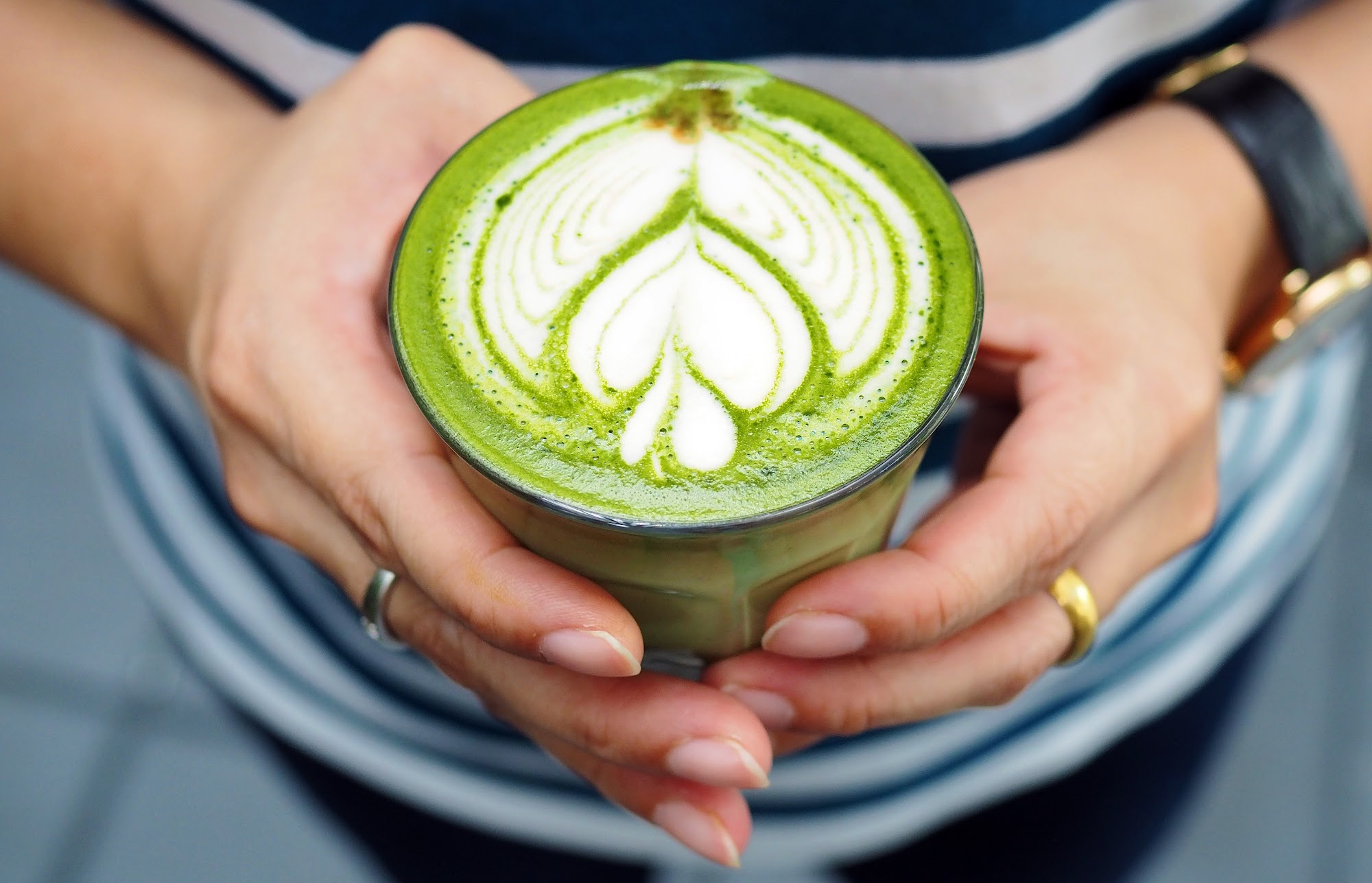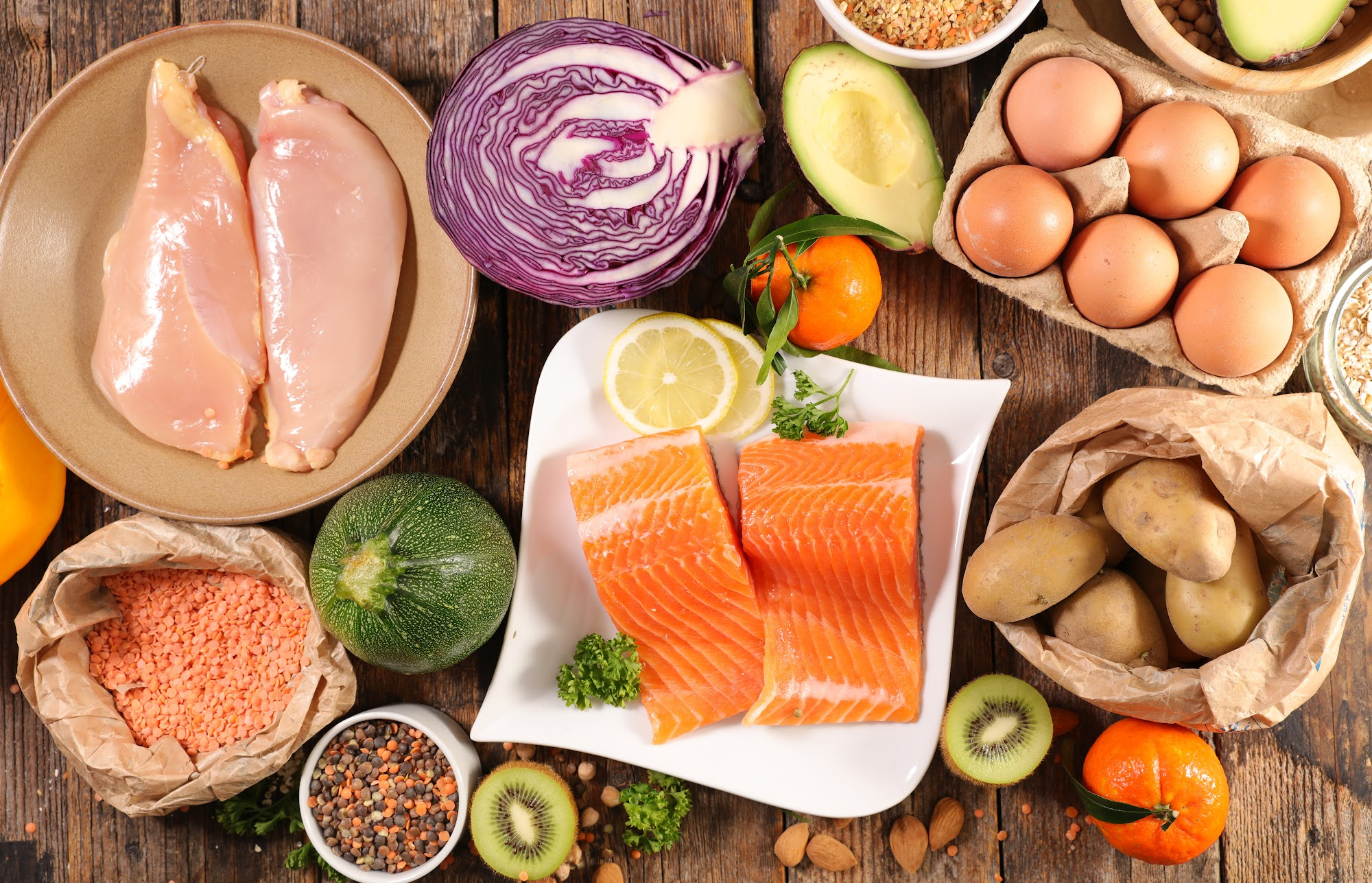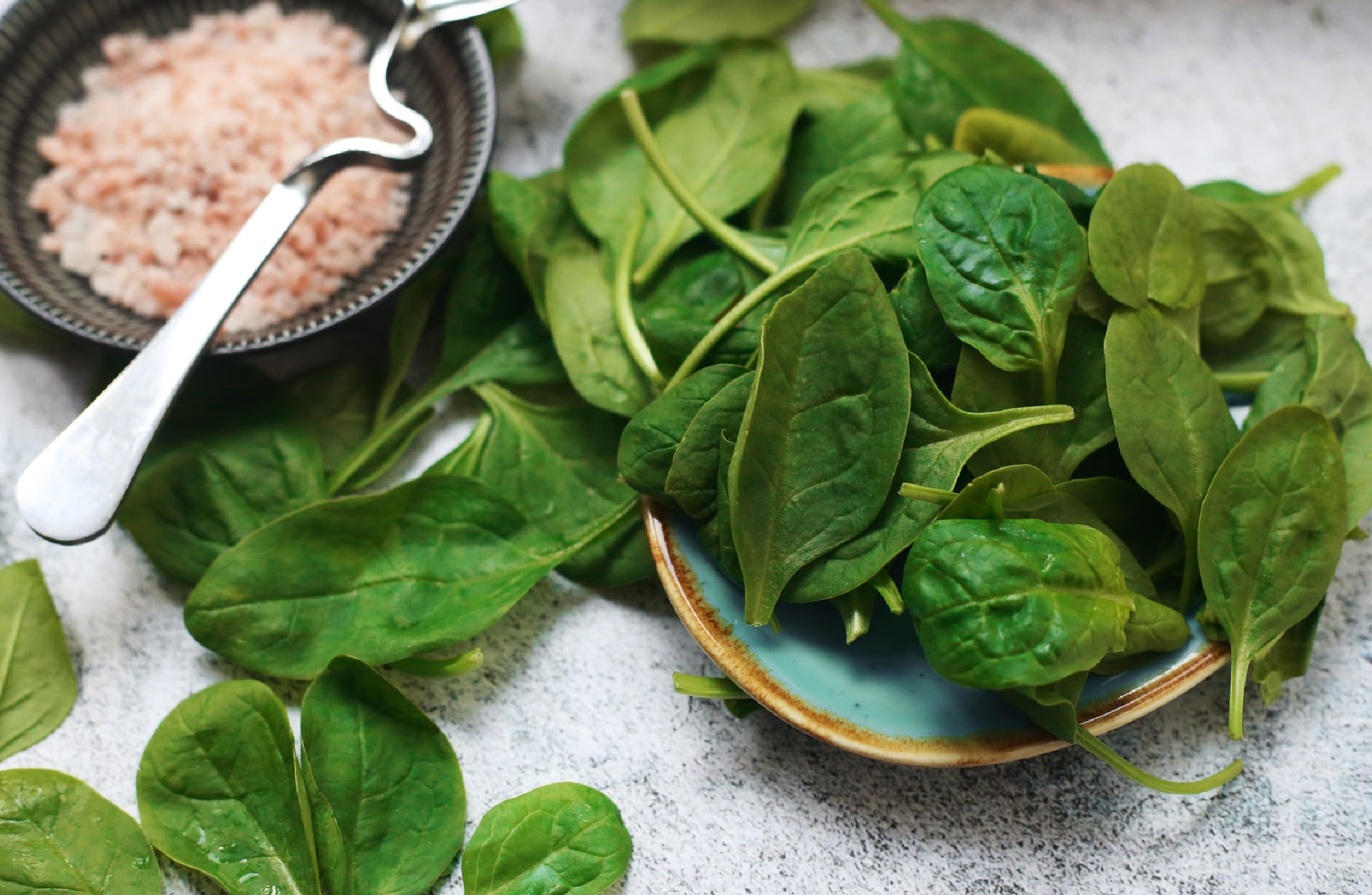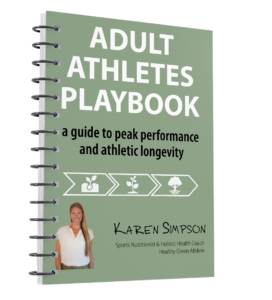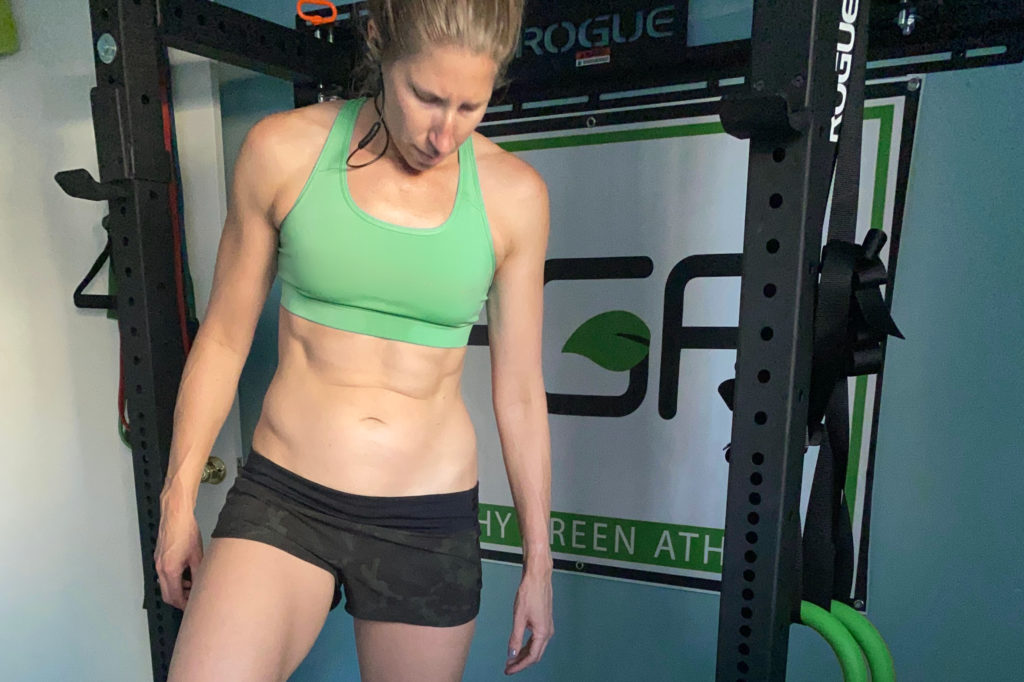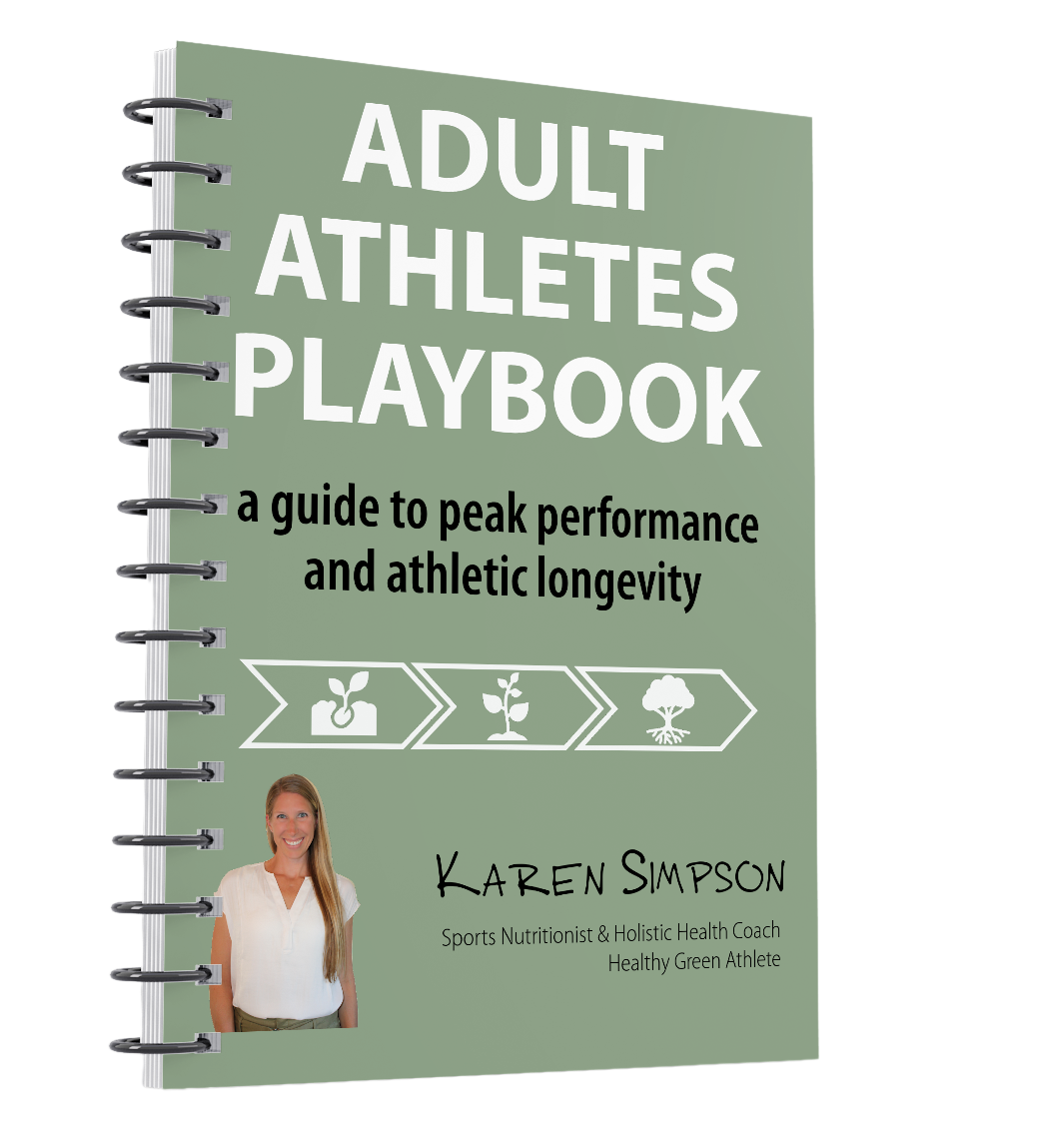Read time: 4 minutes, 45 seconds.
Recovery is essential to the success of an athlete. It allows the body to perform at its highest level during the next training session or competition. Post-workout nutrition is a critical component of an athlete’s training regimen and can aid in reaching peak performance.
It can play a big role in helping reach body composition goals. It is also crucial for both fitness and athletic performance. After a strenuous workout or competition, the body needs nourishment. It needs to replenish energy stores, repair damaged muscle tissue, and reduce inflammation. Eating the right nutrients at the right time can help with these and improve recovery time.
Consuming a combination of carbohydrates and protein restores glycogen and promotes muscle building. These lead to increased muscle growth and strength. Consuming antioxidants leads to faster recovery times and improved overall health. This is because they help reduce oxidative stress and inflammation.
Here are some tips to help optimize your post-workout nutrition:
1. Eat within 30 Minutes.
During exercise, the body uses glycogen, a form of stored carbohydrates, as a primary energy source. Replenishing these glycogen stores after exercise helps to ensure that the body has enough energy for the next workout or activity.
Consuming protein after exercise can help promote muscle protein synthesis. This is essential for repairing and rebuilding muscle tissue that may have been damaged during exercise.
Nutrient timing is critical for athletic performance and recovery. Consuming a meal or snack within 30 minutes of exercise can help the body recover more quickly and efficiently. Giving your body nutrients within 30 minutes of a workout replenishes glycogen and repairs muscle tissue as quickly as possible. Eating within this time frame can also help to reduce the breakdown of muscle tissue and promote muscle growth.
2. Consume a Mix of Carbs and Protein.
Athletes should consume a mix of protein and carbohydrates to support their physical activity and aid in recovery. Carbohydrates are a primary energy source during exercise. Consuming them after exercise can help replenish glycogen stores. Glycogen is needed for the body to perform at a higher level during the next workout or competition.
Further Read: Fueling Your Performance: Why Carbohydrates Matter in Sports Nutrition
Protein is essential for repairing and rebuilding muscle tissue that may have been damaged during exercise. This leads to improved muscle growth and strength. Consuming a mix of protein and carbohydrates after exercise has been shown to enhance muscle recovery and reduce muscle damage. To optimize athletic performance aim for a snack or meal with a ratio of 2:1 (carbohydrates to protein).
Further Read: Unleash the Beast with the Power of Protein
Greek yogurt is an excellent source of protein and contains carbohydrates from the fruit. Peanut butter and banana on whole grain toast provides protein, carbohydrates, and fiber. Hummus with vegetables provides protein, healthy fats, and carbohydrates from the vegetables. A turkey and cheese roll-up provides protein and carbohydrates from the whole grain wrap.
3. Hydrate.
Hydrating after exercise is crucial for optimal physical performance and aiding in recovery. During exercise, the body loses fluids through sweat, which can lead to dehydration. Dehydration can cause fatigue, muscle cramps, and reduced physical performance. Drinking water after exercise can help to rehydrate the body and replenish lost fluids. This allows the body to recover more quickly and perform at a higher level during subsequent training or competition.
Further Read: 4 Easy Ways to Maintain Fluid and Electrolyte Balance
Staying hydrated can also help to regulate body temperature and transport nutrients throughout the body. I recommend sipping on water before, during, and after exercise to ensure adequate hydration.
4. Choose Nutrient-dense Foods.
After exercise, the body is in a state of increased nutrient uptake, meaning it is primed to absorb and utilize nutrients more effectively. Whole foods provide a high concentration of vitamins, minerals, and other beneficial nutrients. Examples of whole foods are fruits, vegetables, whole grains, eggs, meat, nuts and seeds.
Also Read: 23 Pre-Workout Snacks Made with Whole Food Ingredients
Consuming these foods after exercise supports muscle recovery, replenishes energy stores, and reduces inflammation. They also help athletes to maintain a healthy body weight, reduce the risk of chronic diseases, and improve cognitive function.
5. Consider a Protein Supplement.
Protein is essential for repairing and rebuilding muscle tissue that may have been damaged during exercise. Consuming protein within 30 minutes after exercise enhances muscle recovery and reduces muscle damage. If you’re having trouble getting enough protein from whole foods, a protein supplement may help. Protein supplements are a popular choice for athletes looking to support muscle recovery and growth after exercise. Protein supplements made with beef, bone broth, egg, or plants are good, convenient options.
Also Read: 3 Must-have Protein Supplements and Why?
Creatine is another supplement that is often used by athletes to support athletic performance and aid in recovery after exercise. Creatine is a naturally occurring compound found in the body, and it plays a role in providing energy to the muscles during high-intensity exercise. Supplementing with creatine after exercise can enhance muscle recovery and support muscle growth, leading to improved athletic performance over time.
Creatine may not be effective for all athletes, and some individuals may experience side effects such as stomach cramps, diarrhea, or dehydration. Speak with a healthcare provider before beginning creatine supplementation to ensure it is safe and appropriate for individual needs.
Protein supplements from whole food ingredients and creatine can be effective tools for athletes looking to support their physical activity and aid in recovery after exercise. However, it is important to consider individual needs and goals when selecting supplements.
6. Don't Overdo It.
While it is important to refuel the body after exercise, it is equally important not to overdo calorie consumption. Unless your goal is specifically to gain weight, overeating can negate the benefits of exercise. It can lead to weight gain and reduced athletic performance over time. Consuming more calories than the body needs can also lead to feelings of sluggishness and fatigue, which can impact overall quality of life.
It is important to listen to the body’s hunger and fullness cues and consume only the amount of food needed to satisfy hunger and support recovery. While it is essential to refuel the body after exercise, it is important to do so in a balanced and moderate way to support optimal physical performance and overall health.
Also Read: Training and Nutrition for Different Types of Athletes
In summary...
Post-workout nutrition is a critical component of athletic performance and fitness goals. Consuming a mix of protein and carbohydrates from nutrient-dense whole food sources can help to support muscle recovery and replenish energy stores, while also providing the body with the necessary nutrients to support overall health and well-being.
Proper hydration after exercise is also essential for optimal physical performance and recovery. Supplements such as protein powders and creatine can be effective tools for supporting recovery and performance, it is important to consider individual needs and goals when selecting supplements.
Finally, it is important not to overdo calorie consumption after exercise to avoid weight gain and support optimal physical performance and overall health. By focusing on nutrient-dense whole foods and individual energy needs, athletes and fitness enthusiasts can support their physical activity and reach their goals in a sustainable and healthy way.
